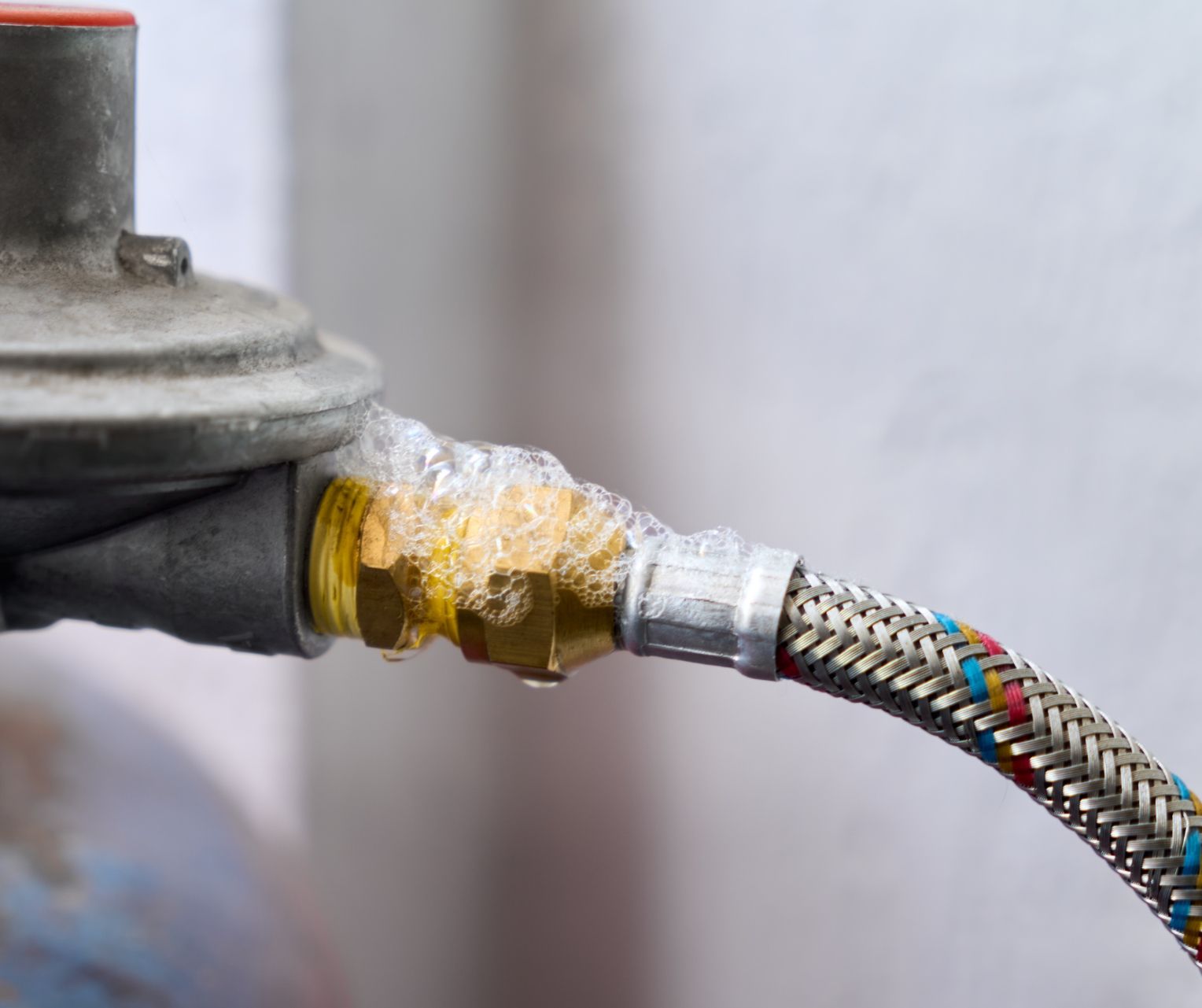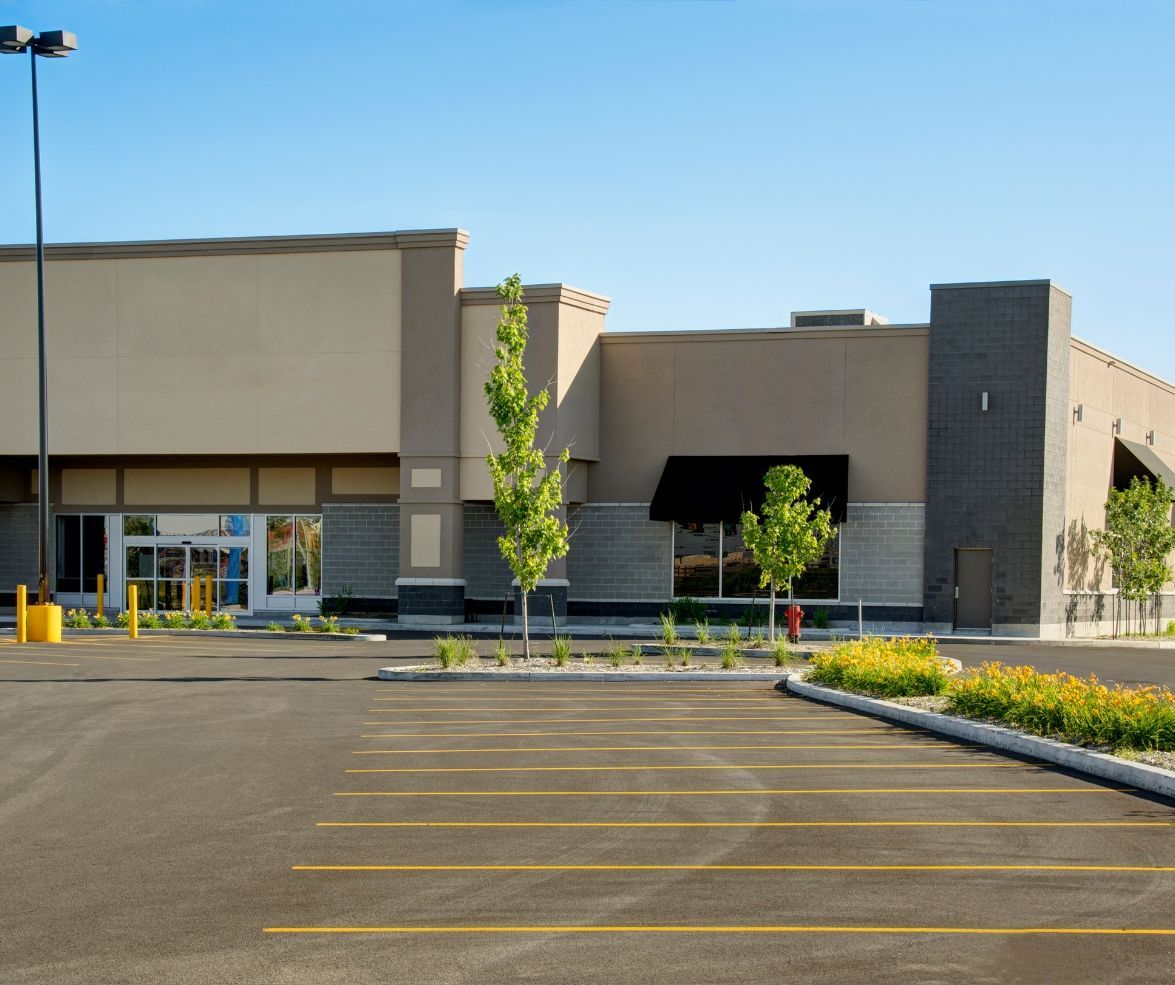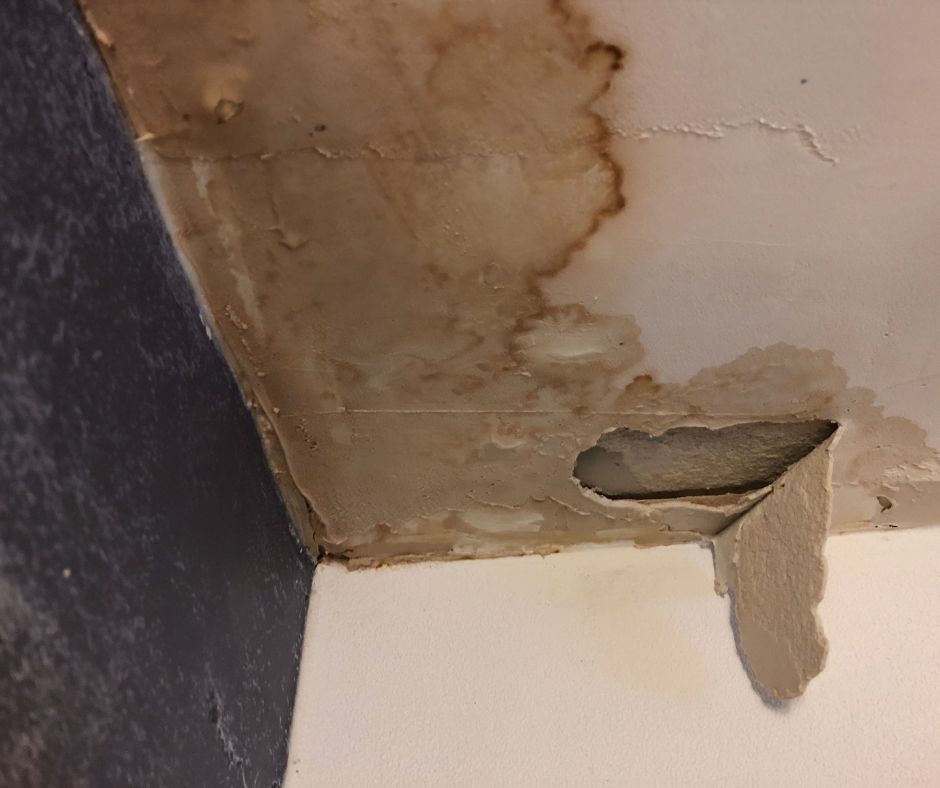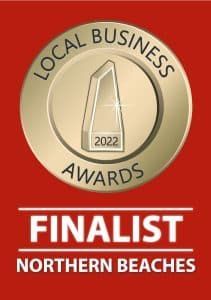Addressing Hard Water Plumbing Problems at Home
Hard water is a hidden household issue that many people overlook. It carries high mineral levels that gradually damage pipes, appliances and fixtures.
Across NSW and other regions, hard water is a common cause of hidden plumbing problems in homes. This guide shows you the signs, explains the effects of hard water on plumbing and helps you take steps to prevent costly repairs.
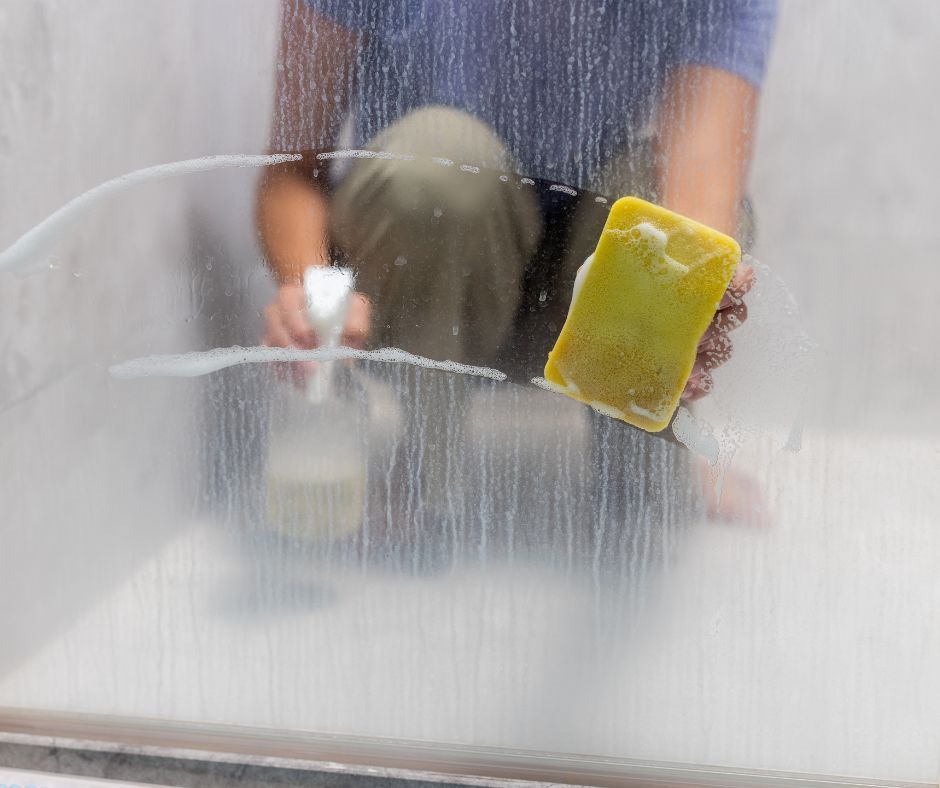
What Is Hard Water?
Hard water is water that contains high levels of dissolved calcium and magnesium. These minerals form naturally underground and enter your household supply through the water lines. The effects of hard water on plumbing often build up slowly, which is why many homeowners don’t notice the damage until repairs become unavoidable.
Signs Indicating Hard Water Problems in the Plumbing System
Hard water leaves clear signs if you know what to look for. These are the most frequent warning signs of hard water plumbing problems.
Water Tastes or Smells Strange
If your water has a metallic, chalky or chemical taste, hard water is often the reason. Minerals in the supply change the flavour and make it unpleasant to drink.
Water Stains Surfaces
Hard water stains appear as white or brown residue on bathroom and kitchen surfaces. These deposits cling tightly and rarely shift with standard cleaning.
Deposits of Soap Scum
Hard water combines with soap to produce a sticky residue in showers, sinks and tubs. This scum builds up quickly and makes surfaces harder to keep clean.
Soap Doesn’t Lather or Work Properly
When water is rich in minerals, soap and detergents lose their effectiveness. You may notice that it takes more product to wash dishes, clothes or even your hands.
Frequent Pipe Clogging
Minerals in hard water can build up inside pipes, narrowing their diameter. Over time, this leads to clogs that require constant attention.
Low Water Pressure
If your water flow suddenly feels weak, mineral deposits could be the cause. Scale buildup restricts the movement of water through pipes and fittings.
Clothes Not Getting Cleaned Properly
Laundry washed in hard water often feels stiff and looks dull. Soap residue can cling to fabrics, making them feel less fresh and harder to rinse out.
Skin Irritation
Hard water leaves a layer of residue on your skin and scalp. This can cause dryness, itching and discomfort after showering.
Faster Wearing of Fixtures & Appliances
Kettles, taps and heaters exposed to hard water wear out sooner. The constant mineral deposits shorten their lifespan and force early replacements.
Cloudy Glassware or Dishes
If your dishwasher leaves cloudy spots or streaks, hard water is usually to blame. The minerals cling to glass and resist normal rinsing cycles.
Water Heater Taking Longer to Heat
Scale buildup coats the heating elements inside hot water systems. This slows the process and increases energy use over time.
Recurring Plumbing Repairs
If leaks or clogs keep returning, hard water may be the cause. Mineral buildup weakens seals and creates pressure problems in your system.
Tap or Shower Nozzles Clogging
White, crusty deposits often block tap outlets and showerheads. This reduces flow and leaves fittings looking worn and dirty.
Noise in Pipes or Appliances
Strange noises from pipes, kettles or heaters can signal internal buildup. Mineral deposits disrupt water flow and create pressure imbalances.
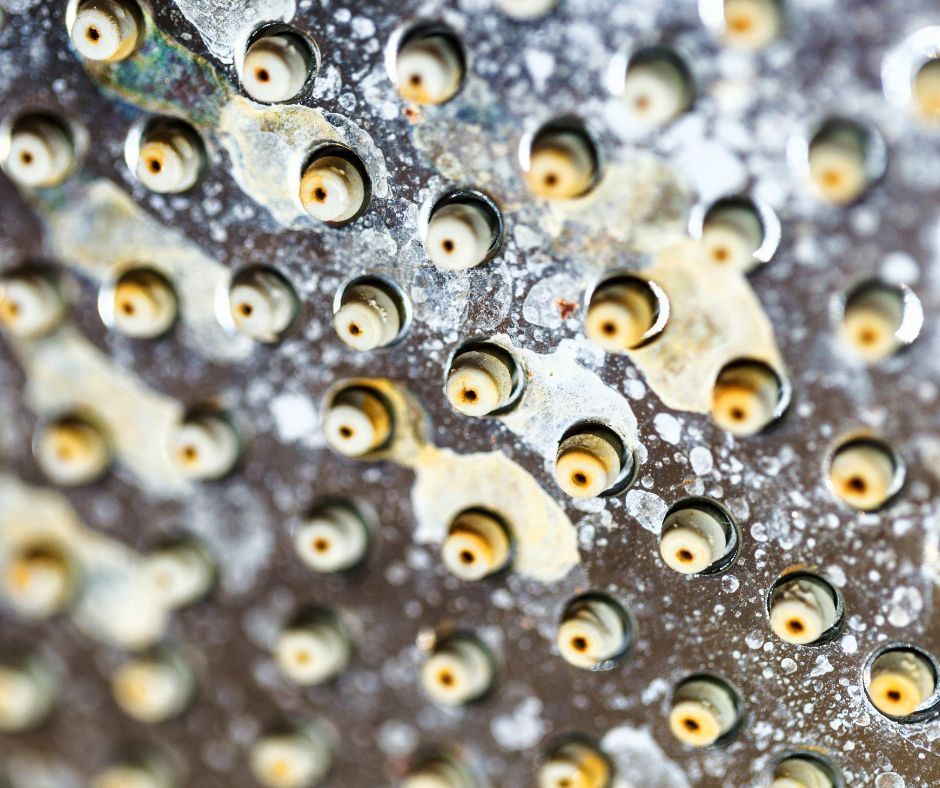
Effects of Hard Water on Plumbing
Hard water problems in the plumbing system impact more than just the look of your fixtures. It can damage pipes, appliances and even increase your household bills.
Pipe Scaling
Minerals in hard water stick to the inside of pipes and form scales. As buildup forms, the pathway tightens and water flow decreases.
Shortened Lifespan of Appliances
Hard water shortens the lifespan of appliances such as dishwashers, washing machines and water heaters. Scale buildup strains moving parts and lowers efficiency.
Increased Energy Bills
Heating elements coated with minerals use more energy to produce the same amount of heat. This leads to higher household running costs over time.
Decreased Water Pressure
Mineral deposits reduce the space for water to move freely. This causes weak flow at taps, showers and appliances.
Higher Plumbing Maintenance Costs
Homes with hard water often experience repeated leaks and clogs, including issues like a leaky toilet cistern. The constant need for repairs increases maintenance bills.
Leaking Fixtures
Hard water minerals increase the wear and tear of seals and washers inside taps and fittings. This leads to ongoing drips and leaks.
Corrosion of Metal Pipes
Hard water makes older metal pipes corrode more quickly. As the damage builds, the structure weakens and serious leaks can follow.
Reduced Hot Water Efficiency
Scale coats the heating elements inside hot water systems. As a result, the unit takes longer to heat and wastes more energy.
Water Quality Issues
Hard water often changes the taste, smell and appearance of the household supply. It can leave water tasting metallic or looking cloudy.
Blocked Showerheads and Taps
Showerheads and tap nozzles collect hardened mineral deposits. This clogs outlets and reduces water output.
Ways to Stop Hard Water Plumbing Problems
Hard water problems in the plumbing system cannot always be avoided, but their effects can be controlled. With the right steps, you can protect your plumbing system and appliances.
Regular Cleaning
Descaling taps, showerheads and appliances prevents mineral buildup. Simple cleaning with vinegar or descaling products keeps fittings clear and functional.
Water Softeners
A water softener works by replacing calcium and magnesium with sodium or potassium. This reduces scaling and helps extend the life of your plumbing.
Water Filters
Under-sink filters or whole-house filters trap minerals before they reach your fixtures. These systems improve water quality and lessen the stress on appliances.
Professional Maintenance
Plumbers can service your system to detect early signs of mineral buildup. Regular maintenance helps avoid costly breakdowns and repairs.
Install Scale-Reducing Valves
Scale-reducing valves limit mineral deposits in water heaters and other appliances. These valves are highly effective at protecting hot water systems used daily.
Replace Worn Fixtures
Over time, taps, hoses and showerheads become clogged with scale.
Replacing fixtures restores flow and prevents further strain on your plumbing.
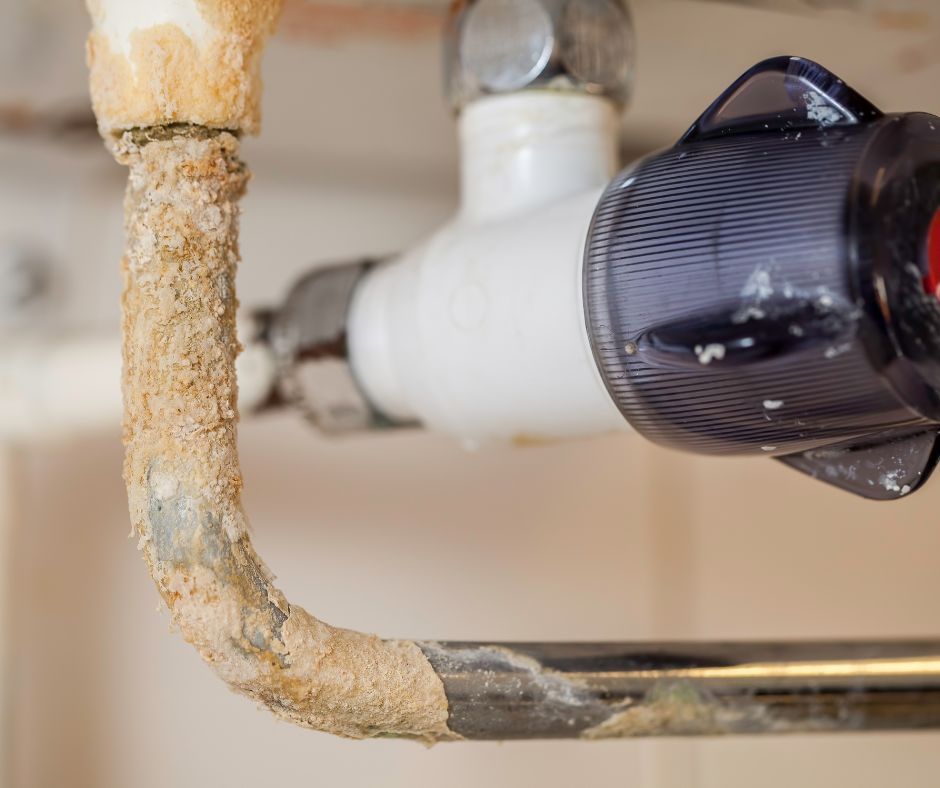
Have a Water Filter System Installed in Your Home with Eze-Flow Plumbing
Hard water plumbing problems are best solved by stopping them at the source. Eze-Flow Plumbing installs under-sink water filters that remove minerals before they cause damage.
With a filter system, you’ll enjoy better water quality, fewer plumbing headaches, and longer-lasting appliances. Our licensed plumbers service the Northern Beaches, North Shore and surrounding Sydney suburbs. We specialise in water filtration, leaky toilet repairs and burst pipe or toilet emergencies.
Stop hard water damage, get better water quality, and help your appliances last longer with our licensed plumbers.
Call us today to book your water filter installation.



